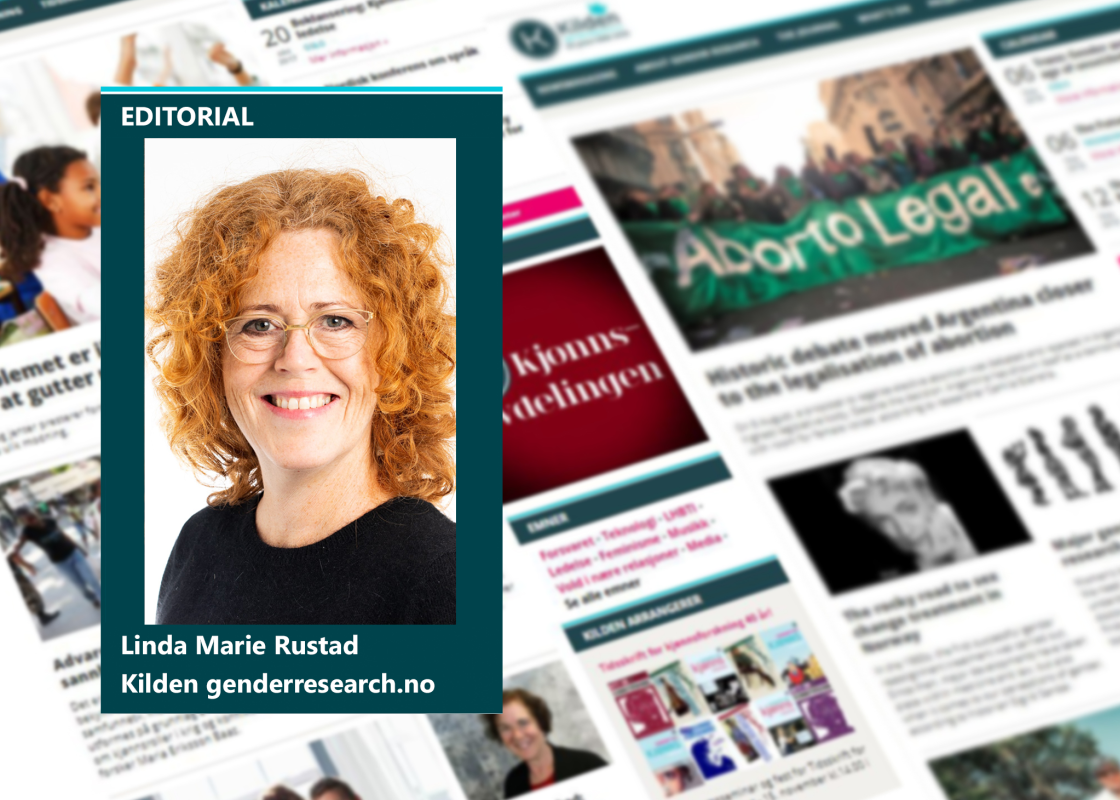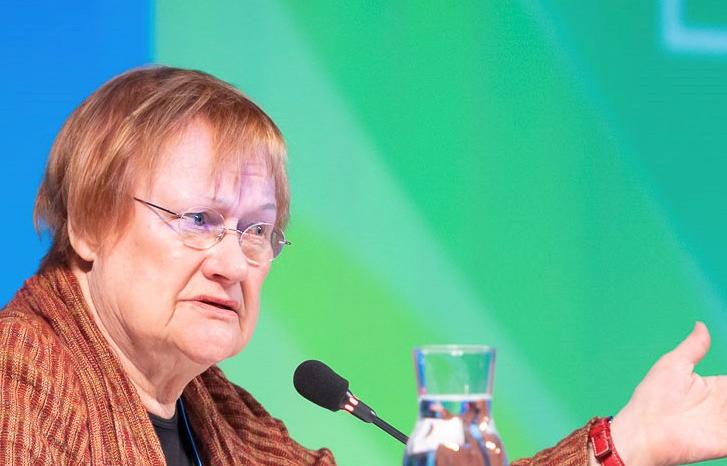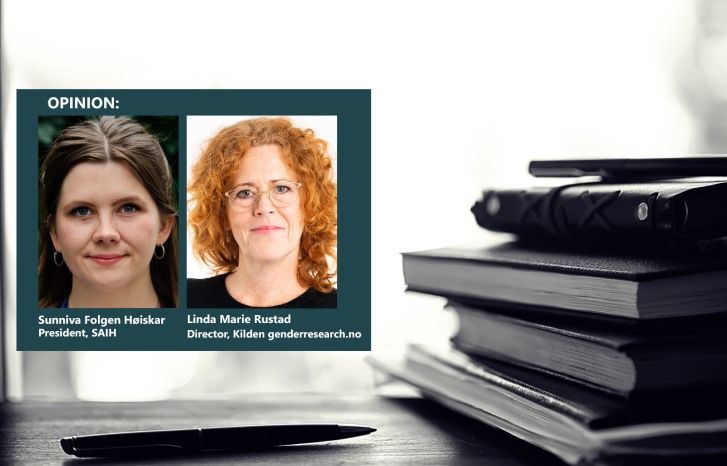The late 1980s saw a gradual change in the attitudes to Norwegian gender equality work. Securing gender equality was no longer only supposed to be the responsibility of a few actors; it was to be integrated in the daily work of each individual, in all decision-making processes at all levels. Gender equality was now everybody’s responsibility. This mainstream strategy was not a particularly Norwegian equality strategy; it was meant to be introduced on a global scale, in both the UN system and in the EU.
Ten years ago, the Norwegian government established a public committee. The work of the so-called Skjeie Committee resulted in two White Papers: Struktur for likestilling NOU 2011:18 (‘Structure for Equality’) and Politikk for likestilling NOU 2012:15 (‘Policy for Equality’). The committee directed critical attention to the integration policy. These two reports are central to the history of Norwegian equality policy.
For several years, we have focused on the conditions for gender and equality research in Europe and the attacks on academic freedom
Knowledge-based gender equality policy
The committee consisted of researchers from various academic disciplines. They stated that integration of gender equality will only succeed if it is followed up by ‘… sufficient funding, specialist competence on equality and guidance’ (NOU 2011:18 p. 59). The committee emphasised that even when everyone is supposed to work for gender equality, someone has to take on the managerial responsibility and ensure that it actually happens and that it happens in a knowledge-based manner. Research on gender and equality is important, and the committee pointed out a number of areas in need of research. We were naturally pleased to see that the Skjeie Committee emphasised Kilden genderresearch.no as a central national actor for knowledge-building. We followed the debate and wrote about the committee’s reports in several news articles.
European sister organisations
Through European collaboration, Kilden genderresearch.no has become acquainted with several actors similar to our own unit. We are now launching a mapping of our European sister organisations. For several years, we have focused on the conditions for gender and equality research in Europe and the attacks on academic freedom. Our standpoint is that dissemination of research – and consequently a more knowledge-based public debate – is an important strategy in order to counteract anti-liberal forces and to motivate more research on gender and equality.
It has been important for us to explain what gender and equality perspectives are, and to emphasise various issues related to gender equality within the academic research institutions. The question we asked ourselves when we worked with the mapping was whether there is such a thing as a European infrastructure for this equality work? We wanted to get an overview of the other units that disseminate knowledge about gender and equality in Europe and build bridges in the same way as Kilden between the authorities, research and the general public in order to secure a knowledge-based debate and policy on the gender equality area.
Through European collaboration, Kilden genderresearch.no has become acquainted with several actors similar to our own unit
The research sector is especially relevant for Kilden, and the organisation of the equality work directed towards the research sector takes various forms. In Europe, there are a number of committees, private organisations and consultancy businesses working with this topic. Thus far, we have been interested in mapping knowledge organisations with a particular responsibility to disseminate, that are national, and that are financed by public funding to some extent. As of April 2020, there are five units included in the mapping, in addition to Kilden. These are from Germany, Sweden, France, The Czech Republic and Ireland. The mapping has resulted in a report in which all these units are presented and compared based on some predetermined analytical dimensions. The report illustrates interesting similarities and a diversity in terms of how the knowledge centres are organised and how they implement their mandate. Through a variety of activities, they all contribute to gender mainstreaming within the research sector.
Integration of gender equality in research
The Skjeie Committee was interested in who will be doing the job of gender mainstreaming and how to ensure that integration happens in a knowledge-based manner. The committee maintained that ‘successful work with gender and equality perspectives demands the establishment of milieus for collecting, developing and disseminating knowledge’ (NOU 2012:15 p. 359). In today’s Europe, there is every reason to be extra aware of whether the debate concerning gender and equality is founded on knowledge and of the conditions for those who contribute to strengthen this knowledge base. The EU Commission is soon to launch their new research programme Horizon Europe, and has signalled that gender and equality will be given enhanced emphasis. As a member of the EU Commission’s expert panel Gendered Innovations, I have had the opportunity to follow the ongoing work to incorporate gender perspectives in the EU’s new research programme. I am looking forward to seeing the results from this work published.
Within our own modest European survey, we have looked at parts of a European infrastructure for dissemination of gender and equality and for the development of a knowledge-based integration of gender equality in research. I hope that our survey may motivate for the establishment of more such actors, and for more people to make use of the competence that these actors possess. I hope for more outreach and more knowledge-based debates in Europe.
We therefore wish to continue our mapping and include more units in the survey. Please do get in touch if you know of units that should be included in our overview.
Translated by Cathinka Dahl Hambro.
Download "Mapping of European Knowledge Centres for Gender Equality in Research" here.
Kilden genderreseach.no has mapped similarities and differences among European knowledge centres that work with gender perspectives and gender balance in research.
The mapping has resulted in a report where the centres are presented and compared based on some predetermined analytical dimensions.
As of April 2020, there are five centres included in the mapping:
Center of Excellence Women in Science CEWS – Germany
Mission for the Place of Women at CNRS – France
The Secretariat for Gender Research – Sweden



